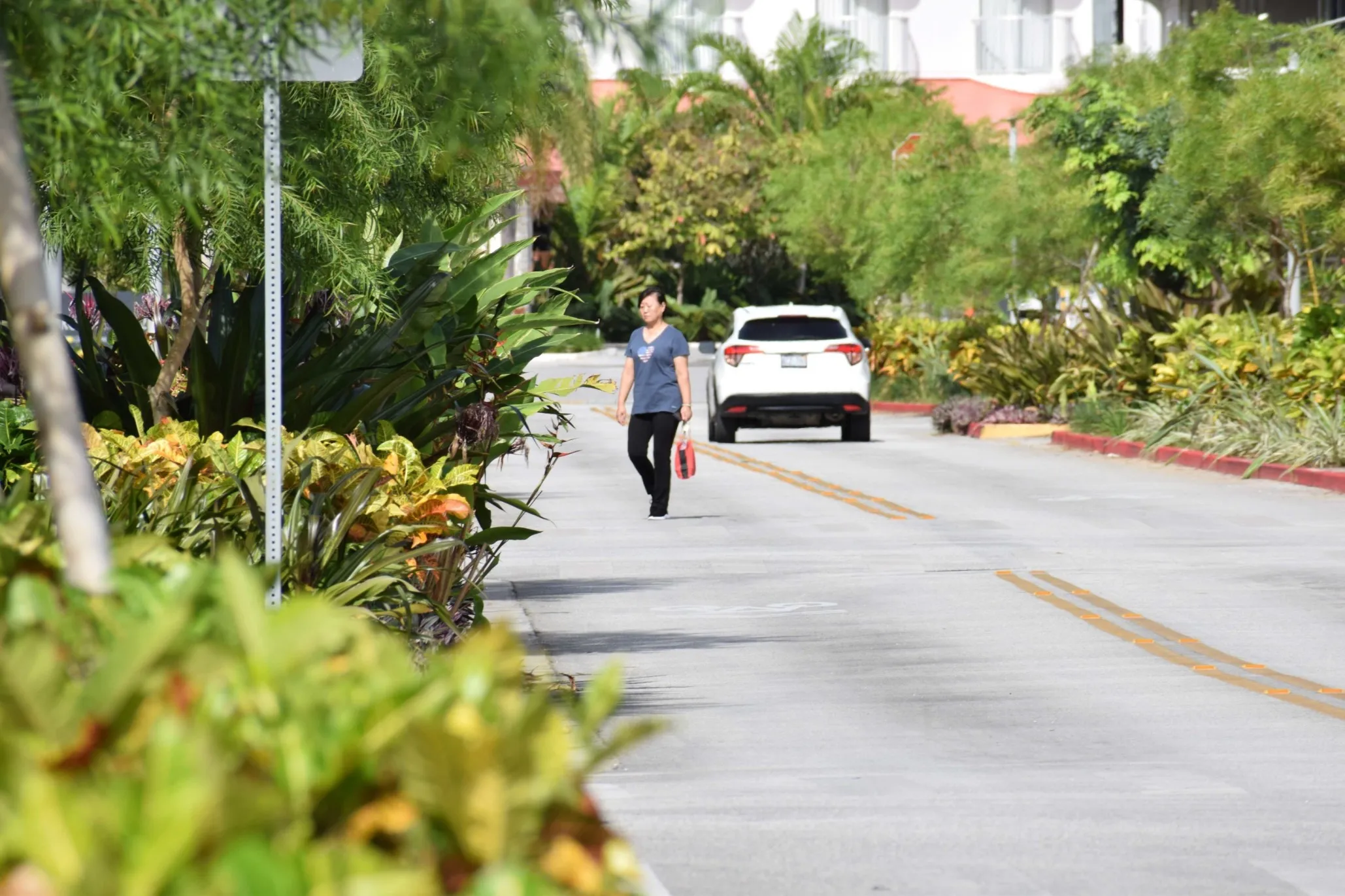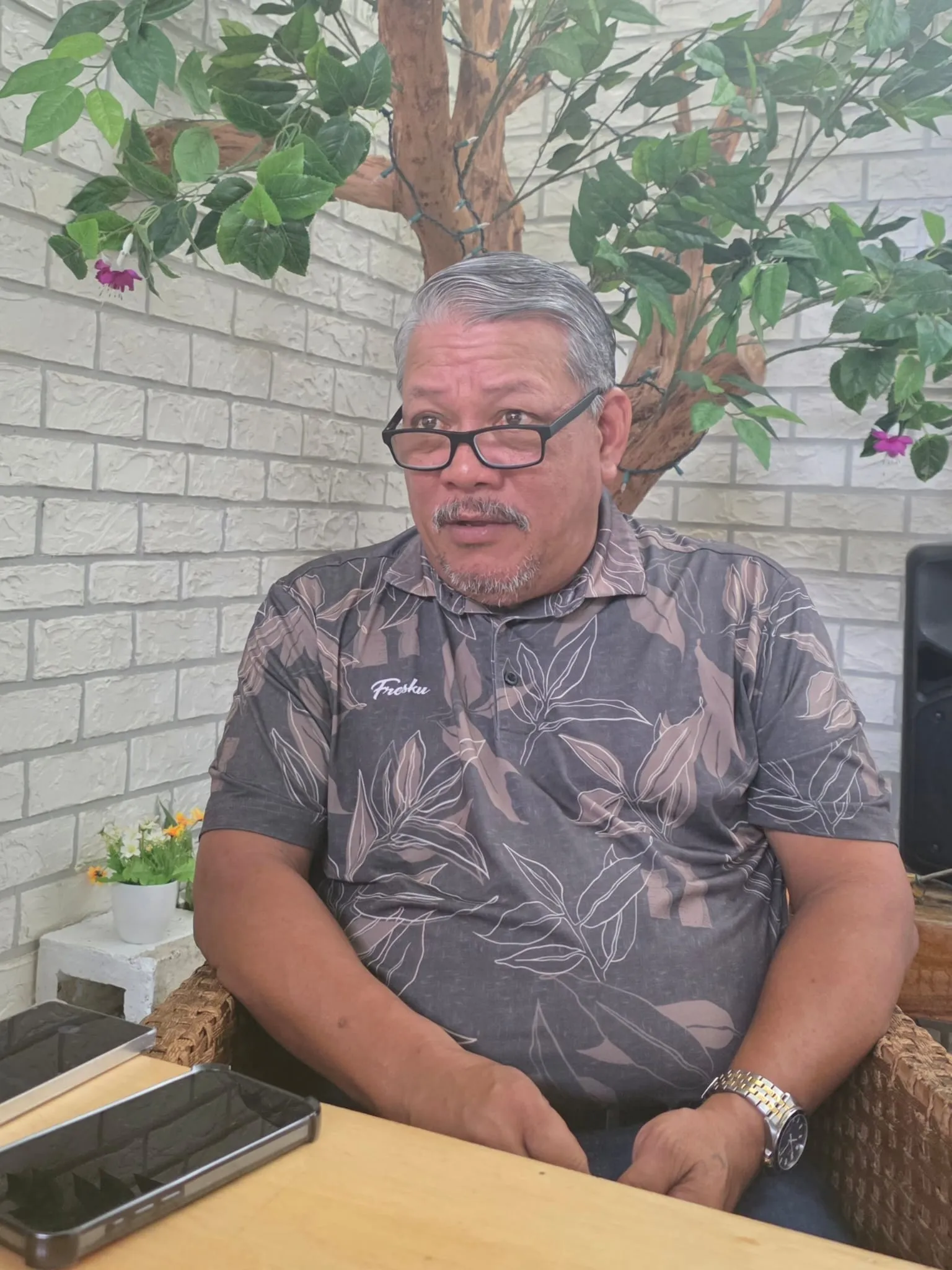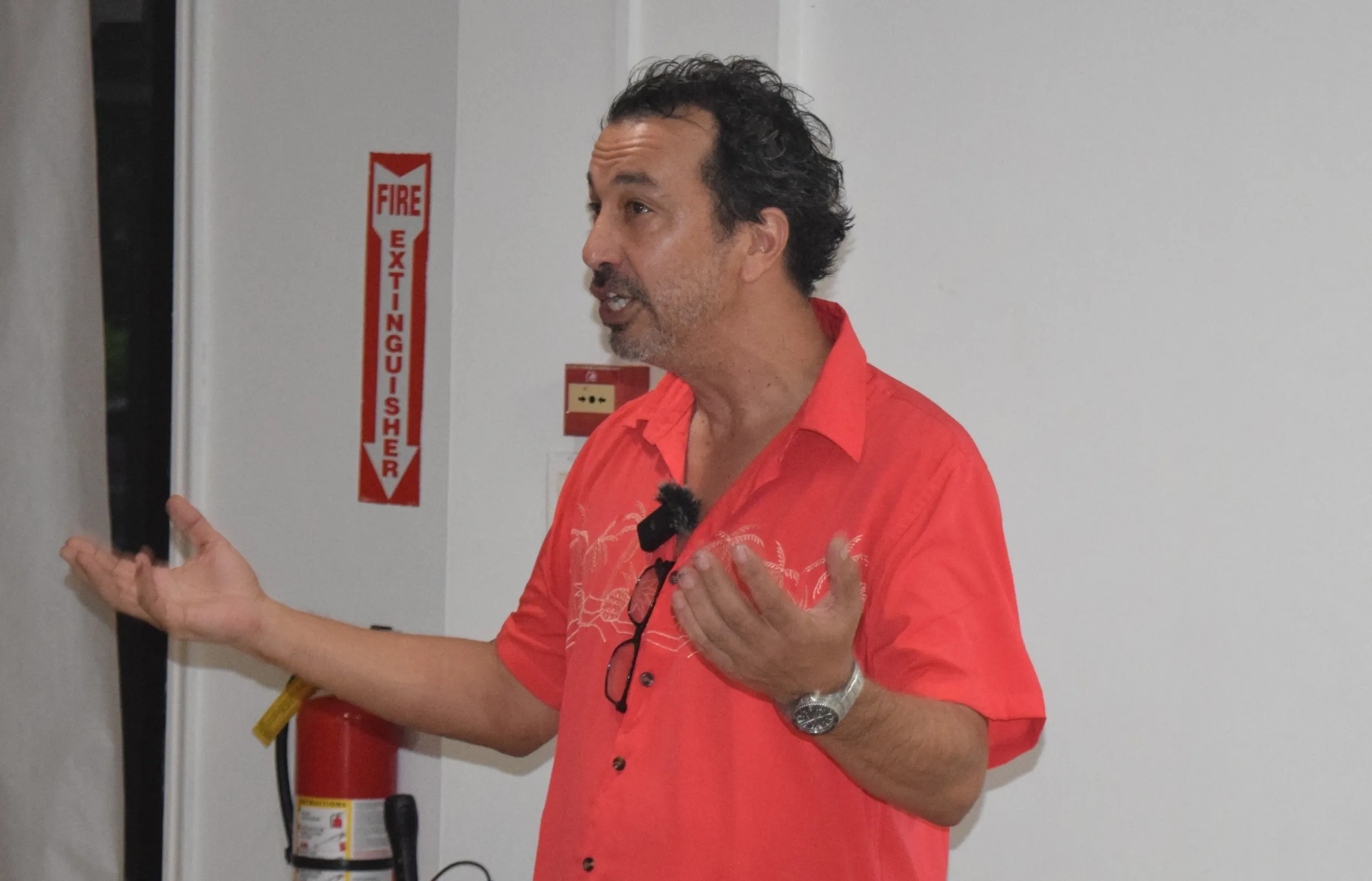I SEE your $1.5 billion aid package and raise you…
It has certainly been a dramatic week. Fat Leonard escaped and was caught again. Florida endured a schoolyard beating by Hurricane Ian. The American vice president visited South Korea and was met by a flurry of nuclear missile tests by the North. A sad but important anniversary was observed in the Philippines. Fifty years ago, Ferdinand Marcos declared martial law and brought the nation under the rule of a dictator.
Now this. Over the last few years, China has been reaching out to Pacific nations in an attempt to increase its military, economic and political dominion. In the ten years leading up to the Covid pandemic, China spent one and half billion dollars in grants and loans in the islands on port facility upgrades, climate change mitigation, economic development and the like.
But earlier this year, a group of ten Pacific countries rallied to resist China’s efforts, saying they were uncomfortable with the terms of the relationship. Port development carried an addendum that Chinese warships would be allowed to call. The promise of a new hospital came with a commitment to hire all Chinese physicians, and so on. There were just too many strings attached to the development loans. The small nations, saddled with enormous debt, would be at the mercy of their lenders.
This economic diplomacy has not gone unnoticed. Australia and the United States, the countries with the most to lose if China gains ground in the Pacific, have responded in kind. Having just had a national election and now under new leadership, Australia has seen the need to rebuild its relationships with nearby island nations. New Guinea, Palau, the Solomons, Vanuatu and even Indonesia will experience an Australian renaissance in the near term.
The United States has also seen the error of its neglect. Having taken its hegemony in the Pacific for granted for too long, it has allowed China to make significant inroads. For those in Washington, the roads stop here. After a tour of major Pacific partners by Vice President Harris, President Biden announced a massive aid package for the region. Not only is needed money on its way, but the president also made the announcement at an in-person meeting of Pacific leaders in the capital, the first-ever of its kind. Even the Solomon Islands signed on, significant because that nation has shown the greatest movement toward China. If they can be brought back into the American orbit, the others should prove less difficult.
What this means for the region is anyone’s guess, but there are several positives. For one, Pacific nations will receive funding to improve infrastructure and develop their economies. Adaptations to climate change are also high on the list of priorities. Further, Pacific nations have a clearer understanding of where they fit into the geostrategic picture. They are important and will remain so into the future as the superpower rivalry between the United States and China intensifies.
True, the situation is like the one faced by island nations a hundred years ago, when the United States and another Asian power, Japan, jockeyed for position and competed for islander loyalty. We know how that one turned out. Let’s hope we learned something.
BC Cook, PhD lived on Saipan and has taught history for 20 years. He currently resides on the mainland U.S.

BC Cook











